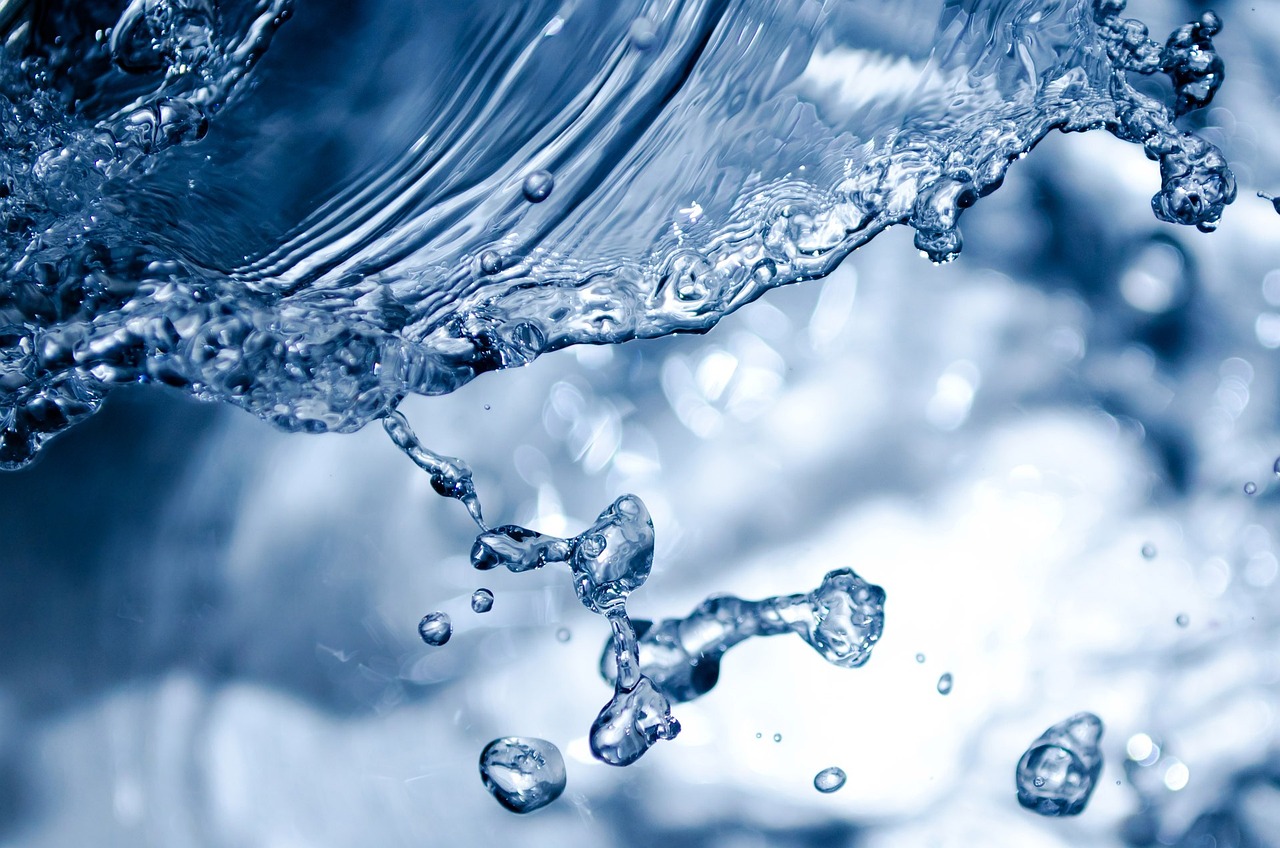
New Delhi: The Indian Institute of Technology (IIT) – Madras has developed a technology called ‘AMRIT’ (Arsenic and Metal Removal by Indian Technology) for the removal of arsenic and metal ions from water.
The technology uses nano-scale iron oxy-hydroxide, which selectively removes arsenic when water is passed through it. This water purifier has been developed for both domestic as well as community levels.
The technology has been recommended by the erstwhile ‘Standing Committee’ of the Department of Drinking Water and Sanitation for the examination of the best technologies concerning water and sanitation, Minister of State for Jal Shakti, Rajeev Chandrasekhar, stated in a written reply in Rajya Sabha today.
The Minister reiterated the Government’s commitment to make provision for safe and potable tap water supply in adequate quantity, of prescribed quality and on a regular and long-term basis to all rural households in the country.
“The Government of India is actively working with academic institutions such as IITs, to supplement the efforts of the States by providing advice on various technologies available to address such issue,” he said.
Drinking water being a State subject, the choice of the technology for addressing the issues of water quality while planning for the piped water supply schemes in the water quality affected areas lies with the respective State and Union Territories Governments. The Government of India supports the States by providing technical and financial assistance.
As reported by the States and Union Territories in the Integrated Management Information System (IMIS) of the Department as of December 6, 2023, all 378 arsenic-affected habitations that are yet to be provided with tap water supply to households, have been provided with safe drinking water through Community Water Purification Plants (CWPPs) for drinking and cooking purposes, Chandrasekhar said.
Referring to the Jal Jeevan Mission (JJM), which was launched by the Central Government in August 2019 and was to be implemented in partnership with states, the Minister said Significant progress has been made in the country since the launch of Jal Jeevan Mission, towards enhancing access to tap water to rural households.
According to the operational guidelines for the implementation of Jal Jeevan Mission, a short-term measure has to be provided in habitations affected by water quality, including arsenic, on priority until the piped water supply schemes based on alternative safe water sources are implemented, he said.
– global bihari bureau





